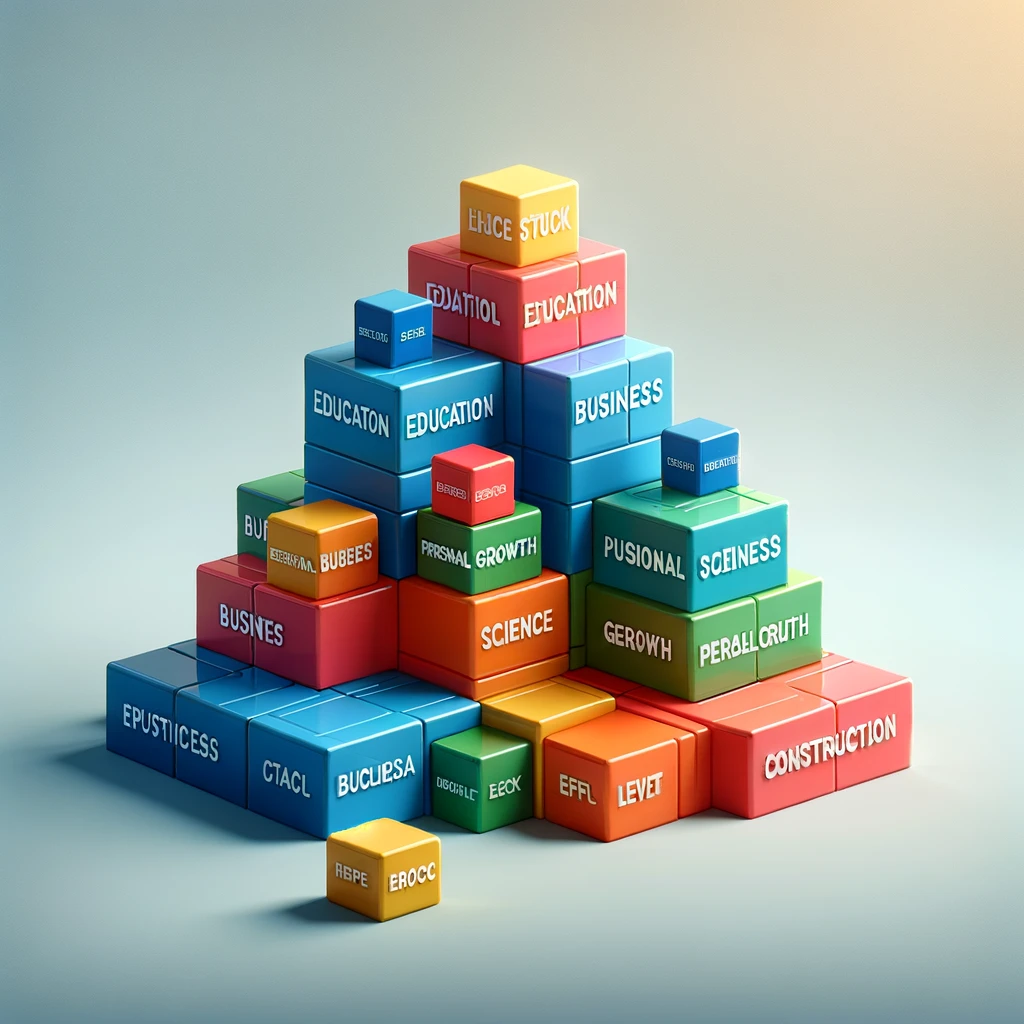When we hear the term “building blocks,” it’s often associated with the foundational elements of something bigger. Whether it’s in education, business, science, or even construction, the concept of building blocks is central to creating a solid foundation. Let’s dive into what this term means across various contexts and why it’s significant.
What Are Building Blocks?
Building blocks refer to the essential, fundamental units that form the basis of a structure, system, or concept. Just like physical blocks are used to construct buildings, figurative building blocks are the smaller components that, when combined, create something larger and more complex.
The Meaning of Building Blocks in Different Fields
1. Education and Learning
In education, building blocks represent the core concepts or skills students need to master before moving to more advanced topics. For example:
- Learning letters is a building block for reading.
- Basic math operations are the building blocks for algebra and geometry.
By understanding and mastering these foundational elements, learners can achieve greater success in their academic journeys.
2. Business and Entrepreneurship
In business, building blocks refer to the core strategies, processes, or resources that enable a company to grow and succeed. These can include:
- Effective leadership.
- Clear communication channels.
- Strong customer relationships.
Without these fundamental components, businesses often struggle to build a sustainable model.
3. Science and Technology
In science, building blocks often describe the basic units of matter or life. For instance:
- Atoms are the building blocks of matter.
- DNA is the building block of genetic material.
In technology, building blocks might refer to reusable software components or modular hardware that can be combined to create larger systems.
4. Construction and Architecture
In the literal sense, building blocks are materials like bricks, stones, or concrete units used to construct physical structures. These blocks are essential for creating sturdy buildings, homes, and infrastructure.
5. Personal Development
On a personal level, building blocks can symbolize the habits, skills, and values that form a strong character. Examples include:
- Honesty and integrity.
- Discipline and time management.
- Continuous learning.
These traits are the building blocks of a successful and fulfilling life.
Why Are Building Blocks Important?
Building blocks provide stability, structure, and a clear pathway for growth. Whether you’re constructing a physical object, developing a business strategy, or learning a new skill, starting with the basics ensures that you can expand and innovate without collapsing under the weight of complexity.
How to Identify Your Building Blocks
To identify the building blocks in any area of life, ask yourself:
- What are the essential components?
- Which elements need to be mastered first?
- How do these parts contribute to the whole?
By answering these questions, you can pinpoint the foundational elements required to build success.
Conclusion
The concept of building blocks is universal and applies to virtually every area of life. Whether you’re an educator, entrepreneur, scientist, or individual striving for personal growth, recognizing and leveraging your building blocks is key to achieving long-term success.
By starting with a strong foundation, you can construct something truly remarkable—be it a career, a business, or a legacy.
Explore more about the fundamentals of success and growth on our website. Stay inspired!
To buy RERA Certified Gated Community Villa Open Plots in Andhra Pradesh & Telangana please Contact:
For Sales : 8179712384
Mail : sales@openplots.net
